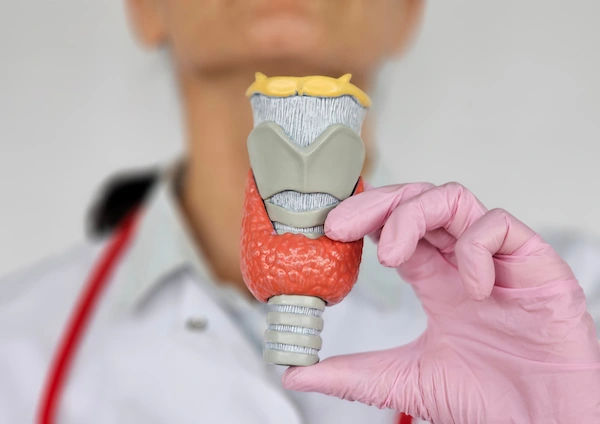- female
- 50 Years
- 10/05/2022
How can I naturally prevent high blood sugar?
Answered by 1 Apollo Doctors
Prefer foods lower in fats, sugar and calories and higher in fiber. Focus on fruits, green vegetables and whole grains. Regular physical activity.
Dr. Mubarak Suggests...
Consult a Endocrinologist
Answered 04/07/2025
0
0


Ask Apollo
AI powered Health Chatbot
-
Balanced Diet
a. Choose foods low in refined sugars and high in fiber.
b. Focus on whole grains, vegetables, fruits, and lean proteins. -
Regular Physical Activity
a. Engage in moderate exercise like walking, swimming, or yoga.
b. Exercise helps regulate blood sugar levels. -
Weight Management
a. Maintain a healthy weight to improve insulin sensitivity.
b. Aim for gradual and sustainable weight loss if overweight. -
Stress Management
a. Manage stress to prevent blood sugar spikes.
b. Use techniques like meditation, deep breathing, or engaging in hobbies. -
Adequate Sleep
a. Ensure 7-8 hours of quality sleep for blood sugar control.
b. Practice good sleep hygiene. -
Regular Monitoring and Medical Check-ups
a. Periodically test blood sugar levels.
b. Consult healthcare providers for personalized advice. -
Avoidance of Tobacco and Excessive Alcohol
a. Avoid smoking and heavy drinking to improve blood sugar control.
Answered 20/08/2025
0
0
More Endocrinology Health Queries
View allI'm noticing that my body always feels warm and seems to emit heat, even though I don't have a fever. My urine is also warm. This has been going on for quite a while. Any ideas on what might be causing this or how I can address it would be really appreciated. I've been diagnosed with low vitamin D and B12 levels and am currently taking supplements for those.
Your persistent bodily warmth, heat emission, and warm urine without fever could be related to various factors, including hyperthyroidism, hormonal imbalances, or increased metabolism, and it's good that you're addressing low vitamin D and B12 levels, but consider consulting an endocrinologist to rule out underlying conditions, and in the meantime, stay hydrated, avoid spicy foods, and dress comfortably to manage your body temperature.
Answered by 1 Apollo Doctors
I've had colloid goiter for the past 15 days but my FNAC test and T3T4 blood reports came back normal. The doctor recommended surgery but I'm wondering if homeopathy can help cure this instead
Hey, goiter is surgical problem ,it has to be removed because of chances of malignancy . it's better to get it operated ,consult surgeon.
Answered by 1 Apollo Doctors
I have small breasts and want to increase their size naturally without surgery. Are there any non-surgical options or treatments that actually work? Also, can you recommend specialists who help with this?
you can't significantly increase breast size naturally without surgery, certain exercises and lifestyle choices can improve the appearance of your breasts and strengthen the underlying muscles. Exercises like push-ups, chest presses, and arm circles can tone the pectoral muscles, which can create a more lifted and firmer appearance. Additionally, maintaining a healthy weight can also contribute to a fuller chest.
Answered by 1 Apollo Doctors
Disclaimer: Answers on Apollo 247 are not intended to replace your doctor advice. Always seek help of a professional doctor in case of an medical emergency or ailment.

 What foods help lower blood sugar naturally?
What foods help lower blood sugar naturally? 

